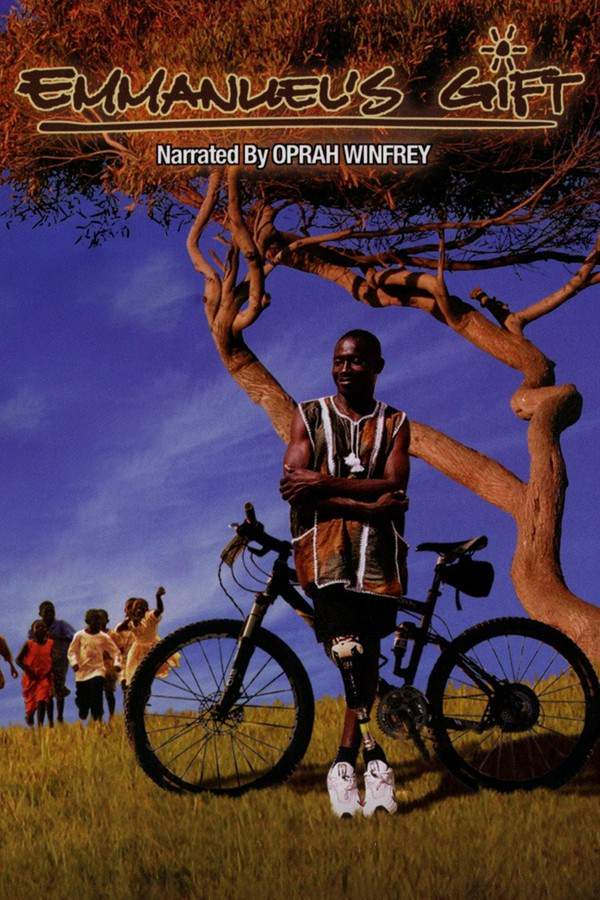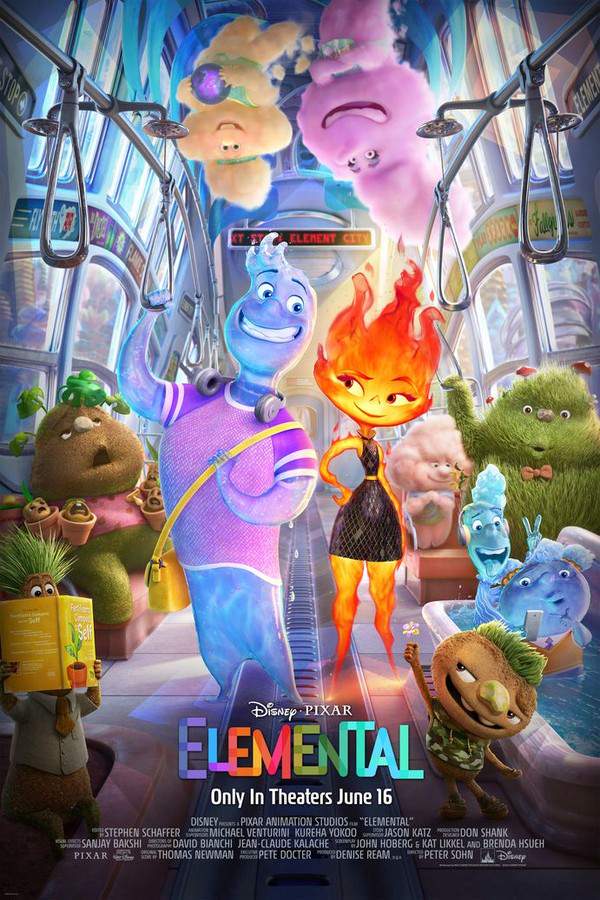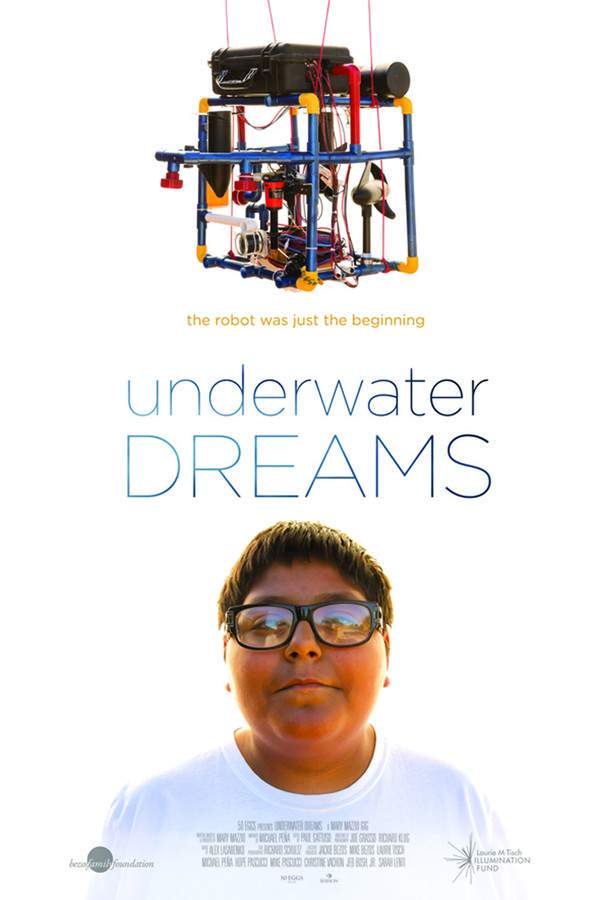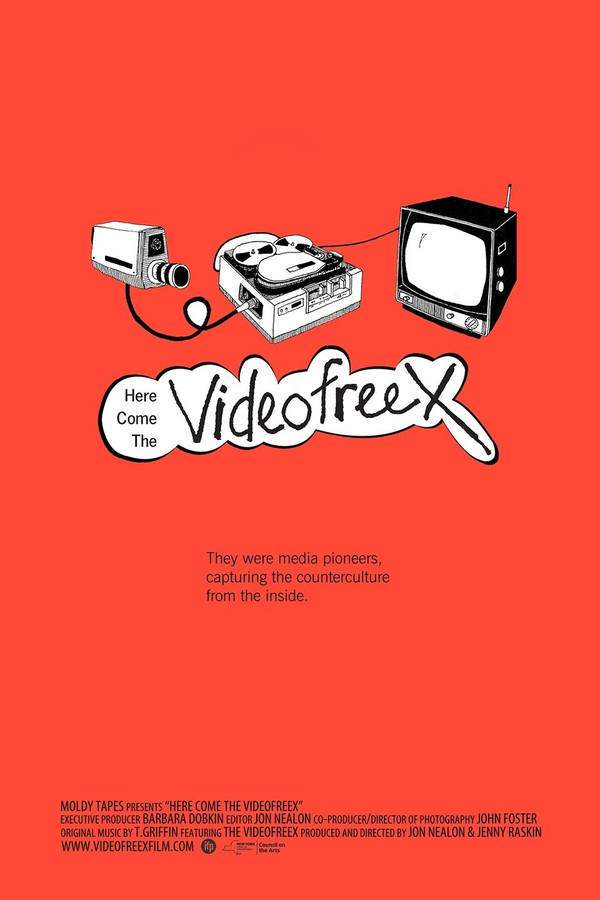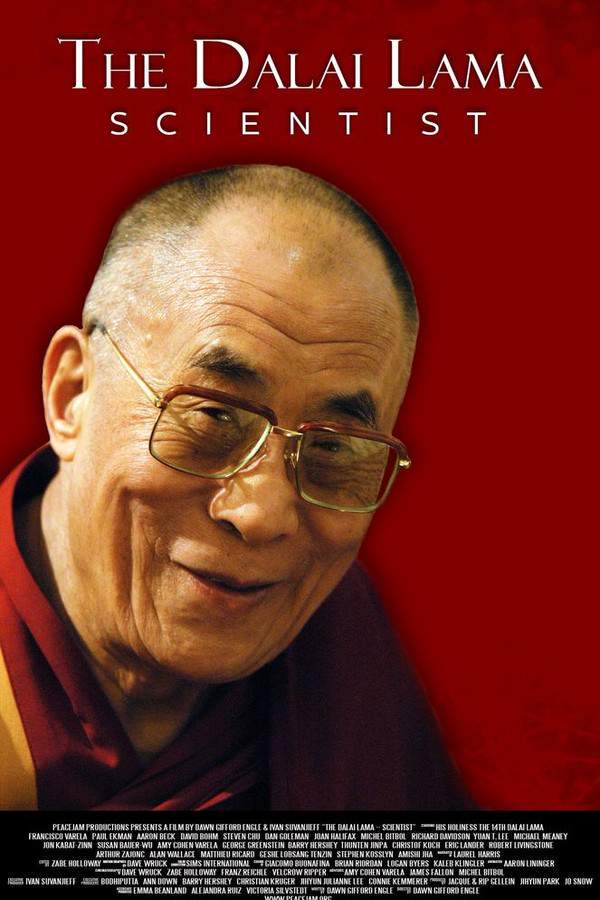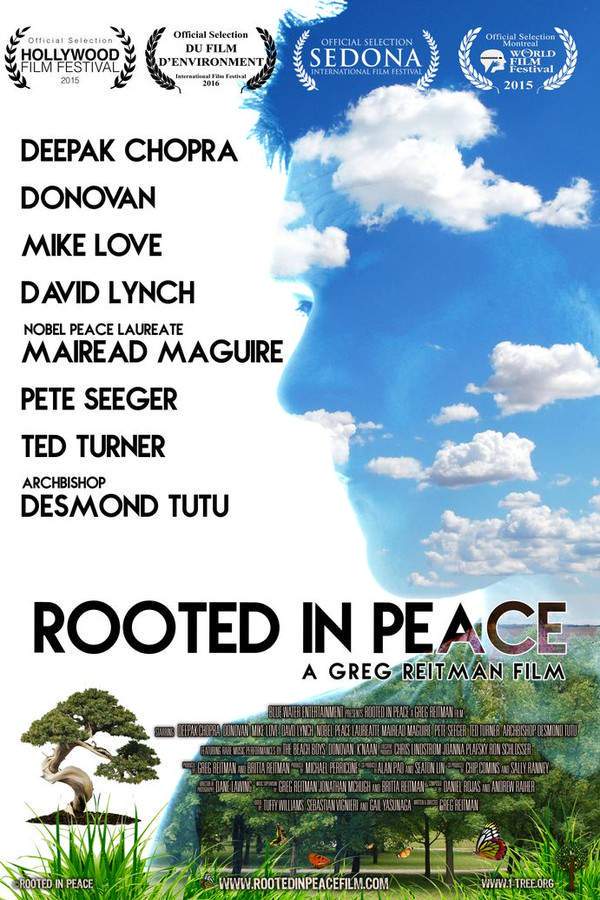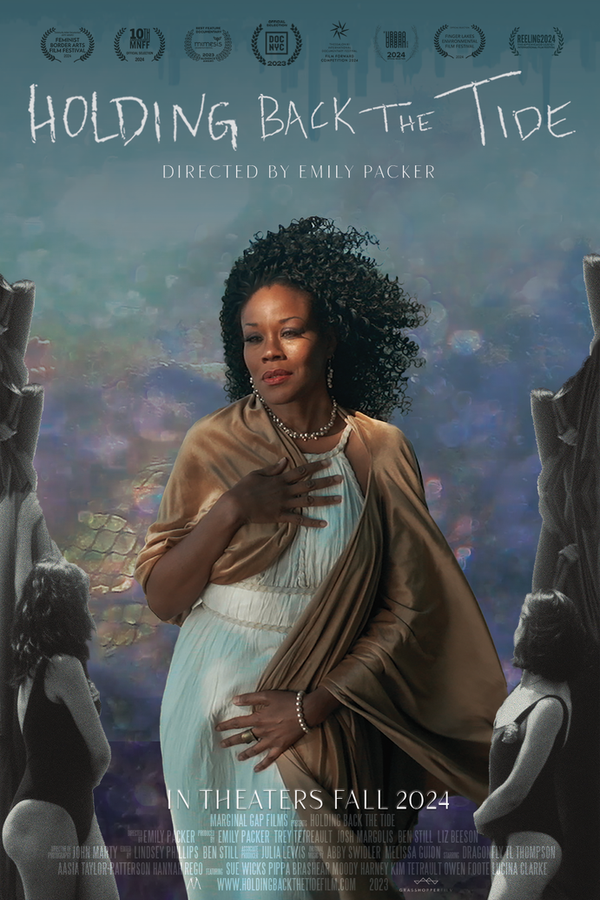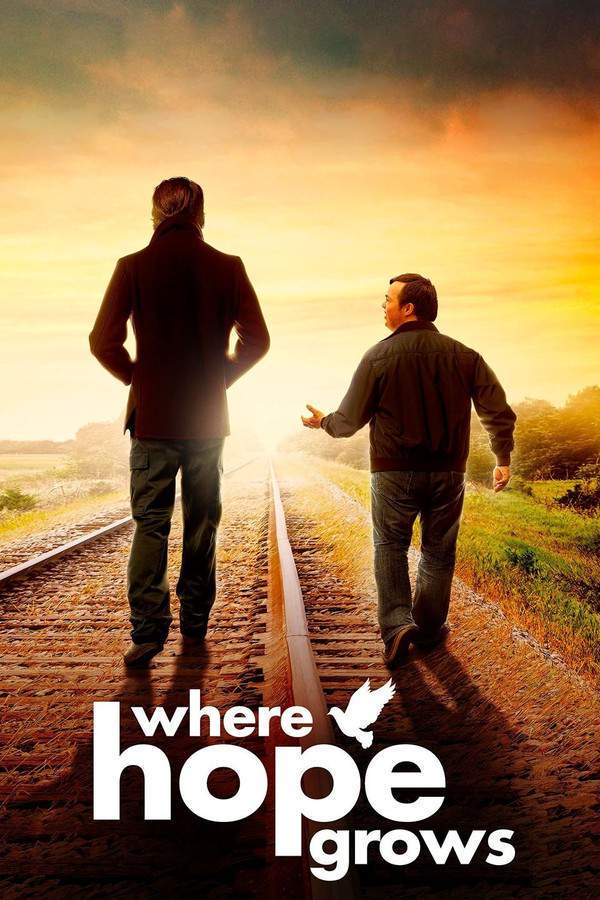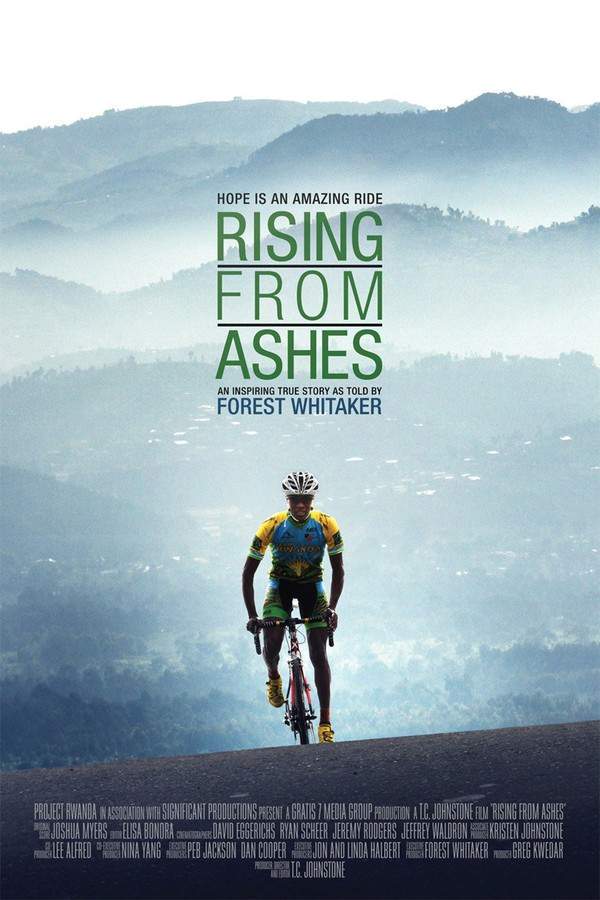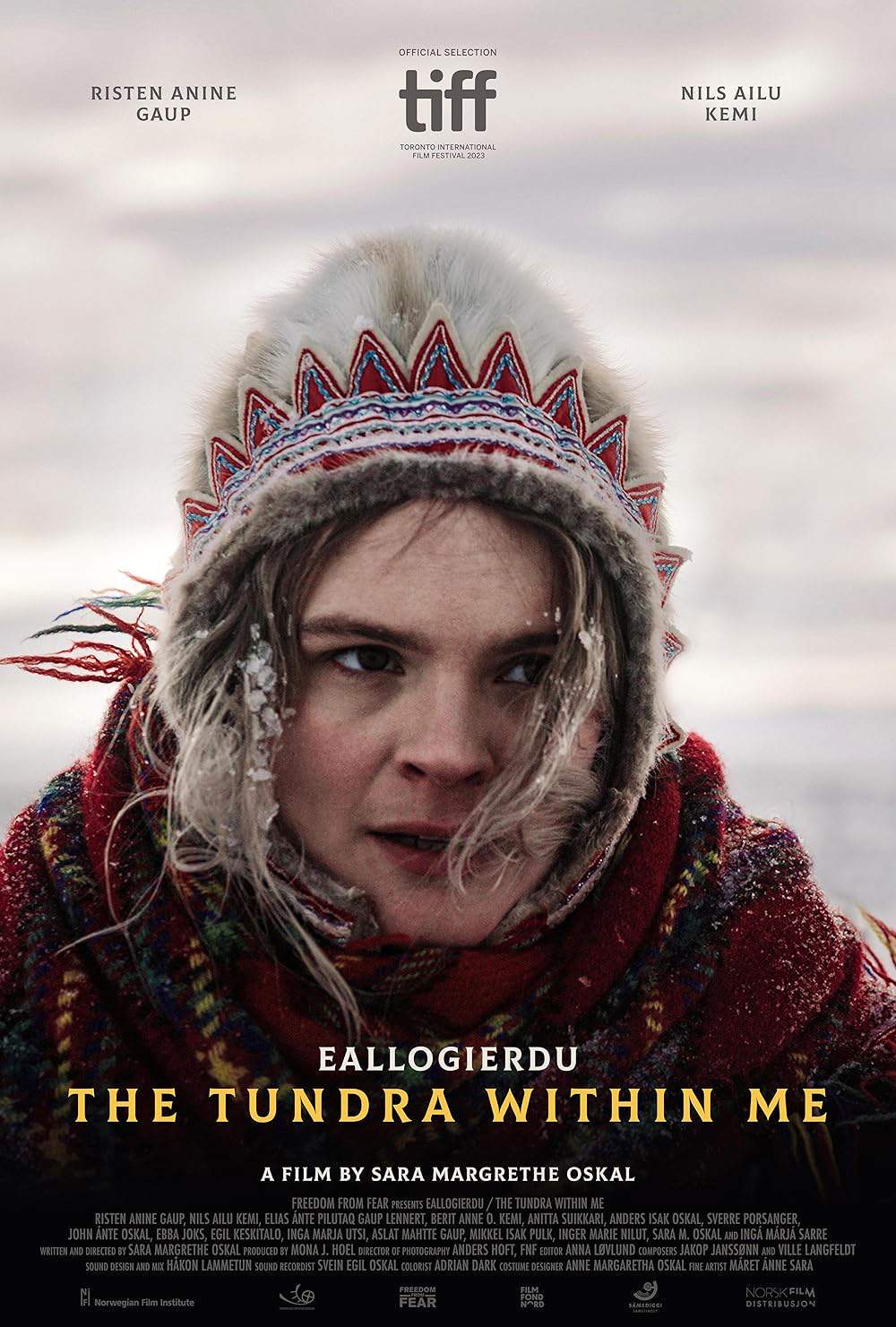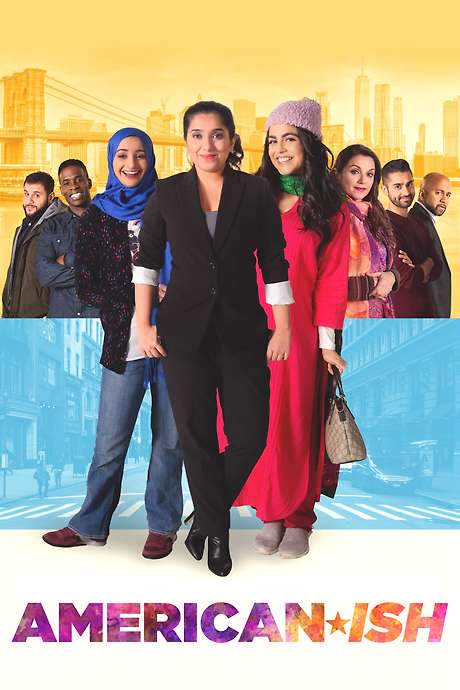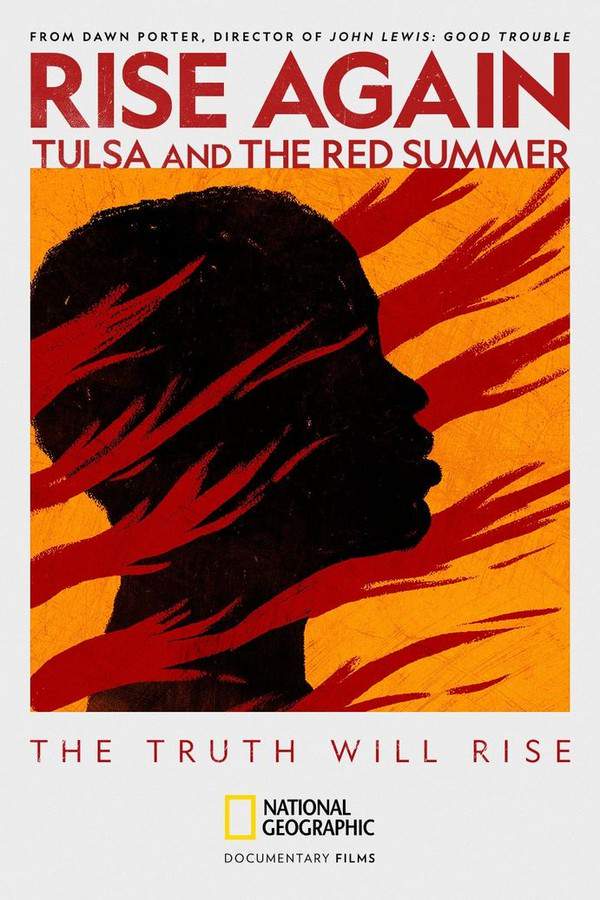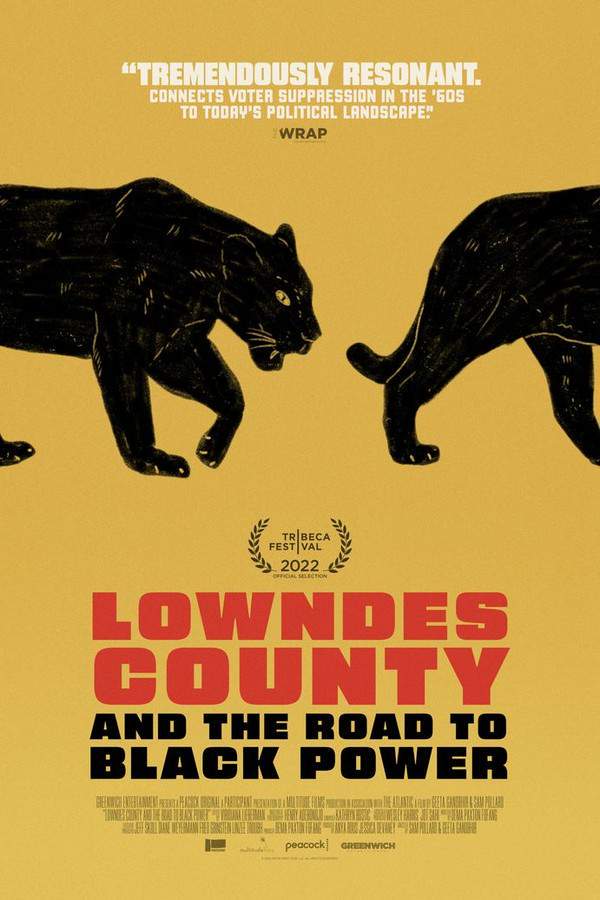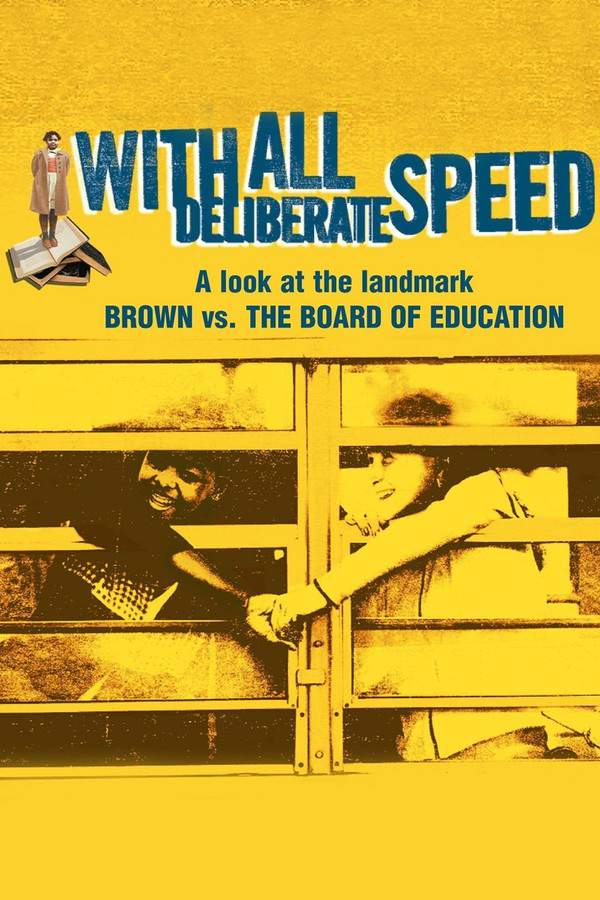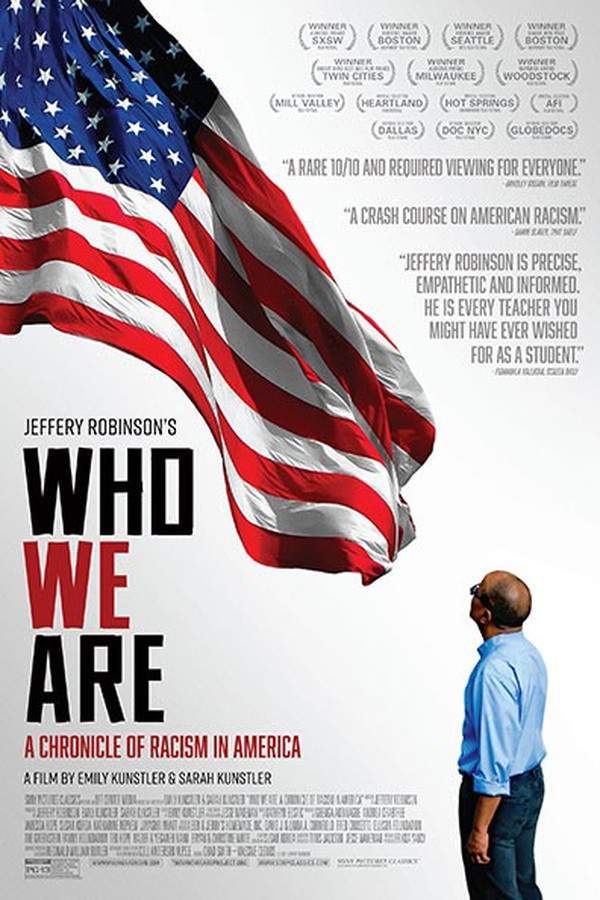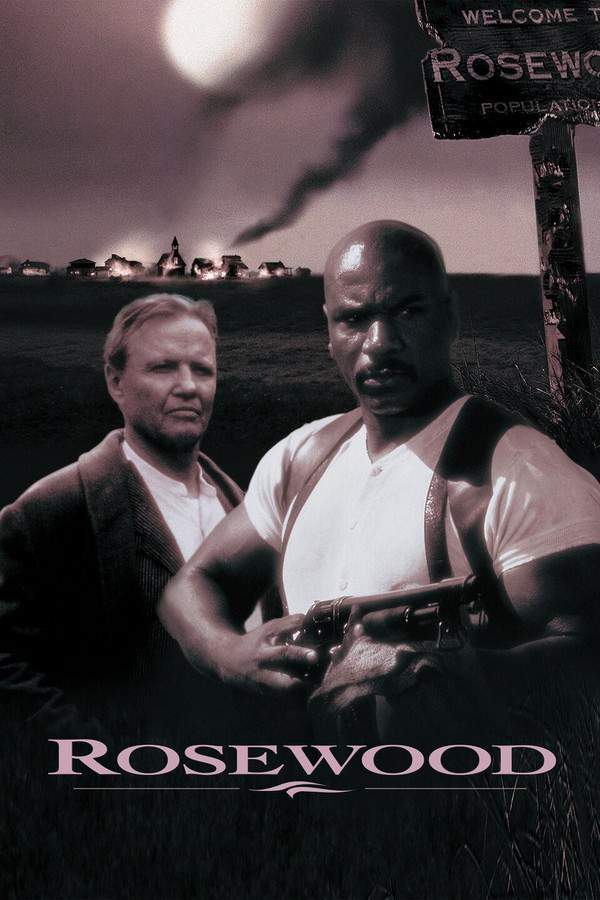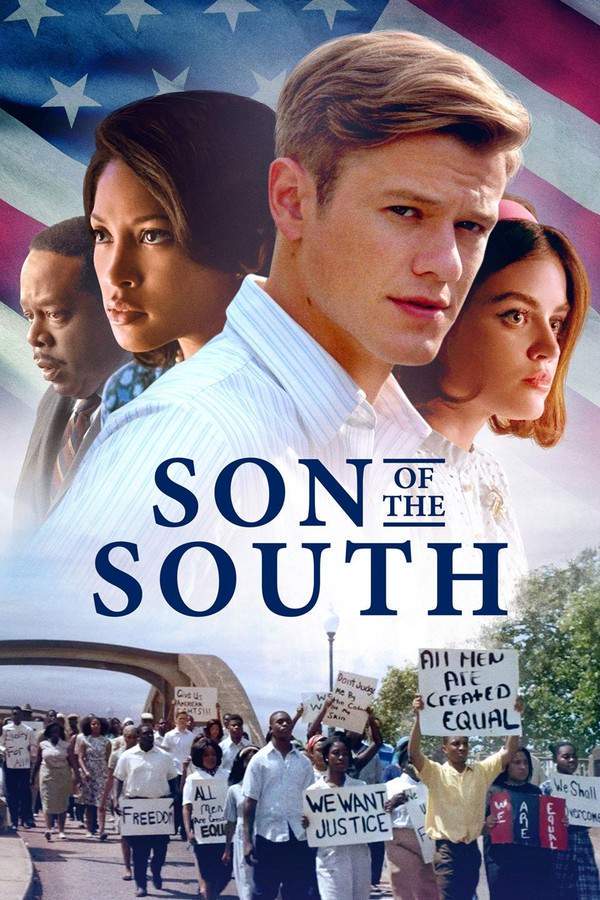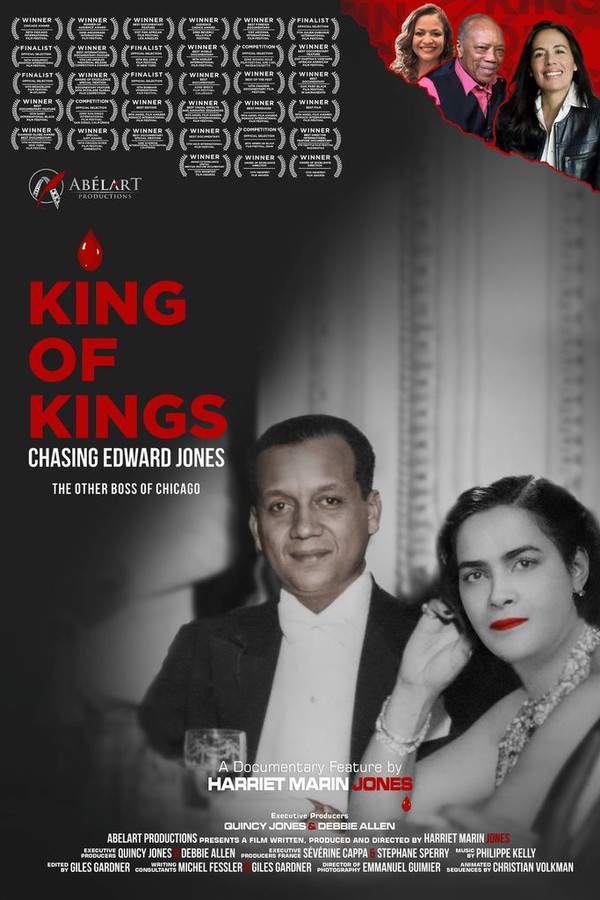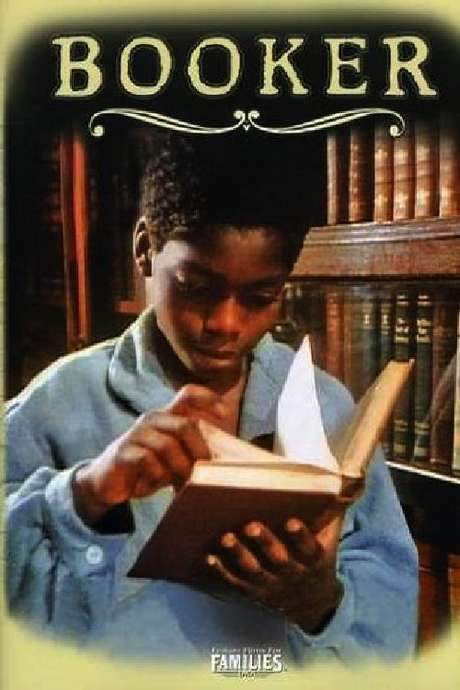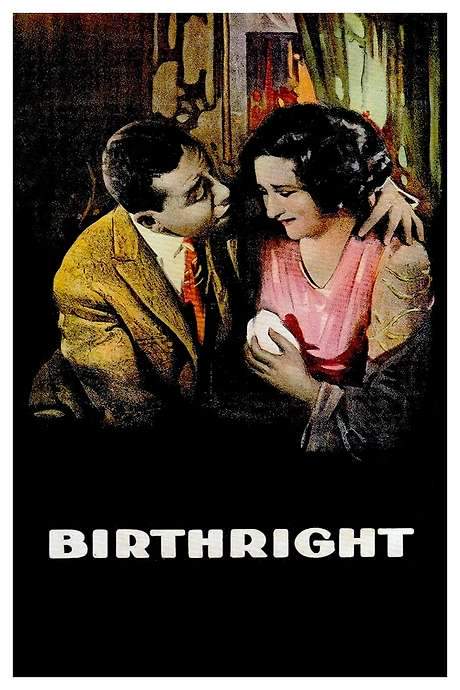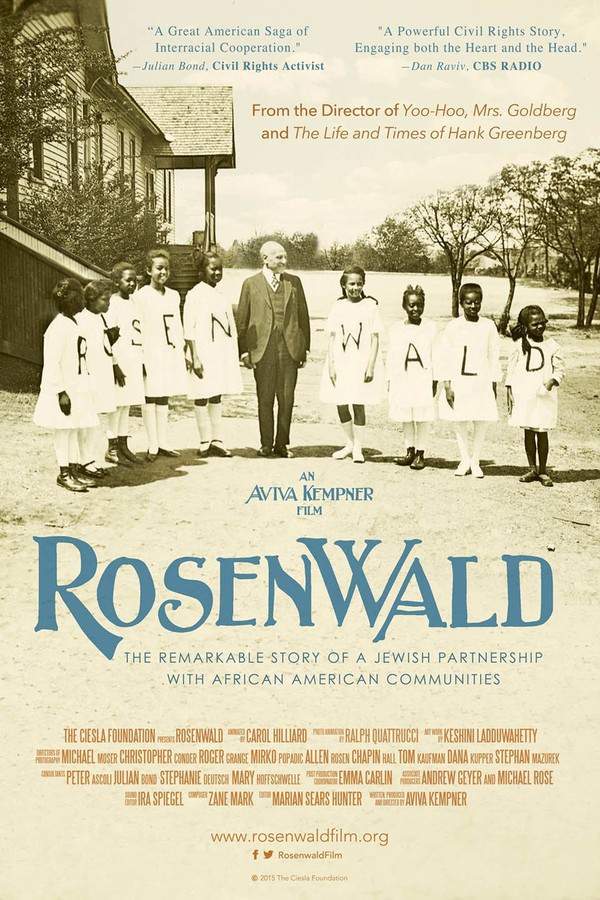
Rosenwald
Year: 2015
Runtime: 100 min
Language: English
Director: Aviva Kempner
During a time of racial segregation, Julius Rosenwald's rise from immigrant son to successful businessman allowed him to collaborate with Booker T. Washington. Together, they embarked on a pioneering effort to provide education for African American youth, establishing schools across the South. A visionary philanthropist, Rosenwald also championed artists and left a lasting impact through initiatives like YMCAs and housing projects, fostering equality and empowering generations.
Warning: spoilers below!
Haven’t seen Rosenwald yet? This summary contains major spoilers. Bookmark the page, watch the movie, and come back for the full breakdown. If you're ready, scroll on and relive the story!
Timeline & Setting – Rosenwald (2015)
Explore the full timeline and setting of Rosenwald (2015). Follow every major event in chronological order and see how the environment shapes the story, characters, and dramatic tension.
Last Updated: October 04, 2025 at 07:39
Main Characters – Rosenwald (2015)
Meet the key characters of Rosenwald (2015), with detailed profiles, motivations, and roles in the plot. Understand their emotional journeys and what they reveal about the film’s deeper themes.
Last Updated: October 04, 2025 at 07:39
Major Themes – Rosenwald (2015)
Explore the central themes of Rosenwald (2015), from psychological, social, and emotional dimensions to philosophical messages. Understand what the film is really saying beneath the surface.
Last Updated: October 04, 2025 at 07:39
Explore Movie Threads
Discover curated groups of movies connected by mood, themes, and story style. Browse collections built around emotion, atmosphere, and narrative focus to easily find films that match what you feel like watching right now.
Inspiring True Stories of Quiet Impact like Rosenwald
Documentaries about overlooked figures who created monumental social change.Explore movies like Rosenwald that uncover the powerful stories of behind-the-scenes changemakers. If you were inspired by this documentary's focus on tangible philanthropy and community empowerment, you'll find similar historical biographies and educational documentaries here. These films share a hopeful tone and a focus on positive legacies.
Narrative Summary
The narrative pattern follows a biographical arc, beginning with the subject's background and motivations, moving through the challenges they faced, and culminating in the concrete, positive outcomes of their efforts. The conflict is often systemic injustice, but the journey is defined by perseverance, collaboration, and the strategic application of resources or ideas to overcome it.
Why These Movies?
Movies are grouped here because they share a core mission: to educate and inspire by revealing how one person's vision can ripple out to create lasting good. They balance the gravity of historical context with an uplifting, hopeful tone, focusing on solutions and empowerment rather than purely on problems.
Hopeful Journeys Against Harsh Backdrops like Rosenwald
Stories where progress and humanity triumph over systemic injustice.Find movies similar to Rosenwald that explore themes of hope and progress within challenging historical contexts. If you liked the film's balanced approach to racial segregation and its focus on uplifting community solutions, you'll appreciate these stories. They share a medium emotional weight and a ultimately happy or hopeful ending feel.
Narrative Summary
The journey typically involves a protagonist or group confronting a vast, systemic problem. The narrative focuses on their pragmatic, often collaborative efforts to build something better—a school, a community, a movement—within the constraints of the time. The central conflict is between hope and despair, with the story structurally proving that incremental, strategic action can lead to monumental, joyful outcomes.
Why These Movies?
These films are united by their specific emotional mix: they acknowledge the weight of their setting without being defined by it. The pacing is steady, allowing the viewer to process the context, while the tone remains steadfastly hopeful, making the triumphs feel earned and deeply satisfying.
Unlock the Full Story of Rosenwald
Don't stop at just watching — explore Rosenwald in full detail. From the complete plot summary and scene-by-scene timeline to character breakdowns, thematic analysis, and a deep dive into the ending — every page helps you truly understand what Rosenwald is all about. Plus, discover what's next after the movie.
Rosenwald Summary
Read a complete plot summary of Rosenwald, including all key story points, character arcs, and turning points. This in-depth recap is ideal for understanding the narrative structure or reviewing what happened in the movie.

Rosenwald Timeline
Track the full timeline of Rosenwald with every major event arranged chronologically. Perfect for decoding non-linear storytelling, flashbacks, or parallel narratives with a clear scene-by-scene breakdown.

Rosenwald Spoiler-Free Summary
Get a quick, spoiler-free overview of Rosenwald that covers the main plot points and key details without revealing any major twists or spoilers. Perfect for those who want to know what to expect before diving in.

More About Rosenwald
Visit What's After the Movie to explore more about Rosenwald: box office results, cast and crew info, production details, post-credit scenes, and external links — all in one place for movie fans and researchers.

Similar Movies to Rosenwald
Discover movies like Rosenwald that share similar genres, themes, and storytelling elements. Whether you’re drawn to the atmosphere, character arcs, or plot structure, these curated recommendations will help you explore more films you’ll love.
Explore More About Movie Rosenwald
Rosenwald (2015) Plot Summary & Movie Recap
Rosenwald (2015) Scene-by-Scene Movie Timeline
Rosenwald (2015) Spoiler-Free Summary & Key Flow
Movies Like Rosenwald – Similar Titles You’ll Enjoy
Selma (2014) Plot Summary & Ending Explained
Rise Again: Tulsa and the Red Summer (2021) Spoiler-Packed Plot Recap
Lowndes County and the Road to Black Power (2022) Full Summary & Key Details
With All Deliberate Speed (2004) Complete Plot Breakdown
Who We Are: A Chronicle of Racism in America (2022) Movie Recap & Themes
Rosewood (1997) Full Movie Breakdown
Son of the South (2021) Detailed Story Recap
King of Kings: Chasing Edward Jones (2024) Spoiler-Packed Plot Recap
Eyes on the Prize (1000) Plot Summary & Ending Explained
Booker (1984) Story Summary & Characters
The Rebellious Life of Mrs. Rosa Parks (2022) Full Summary & Key Details
The Loyola Project (2022) Ending Explained & Film Insights
Birthright (1938) Full Summary & Key Details
Rhodes of Africa (1936) Detailed Story Recap
Roots (1000) Complete Plot Breakdown



